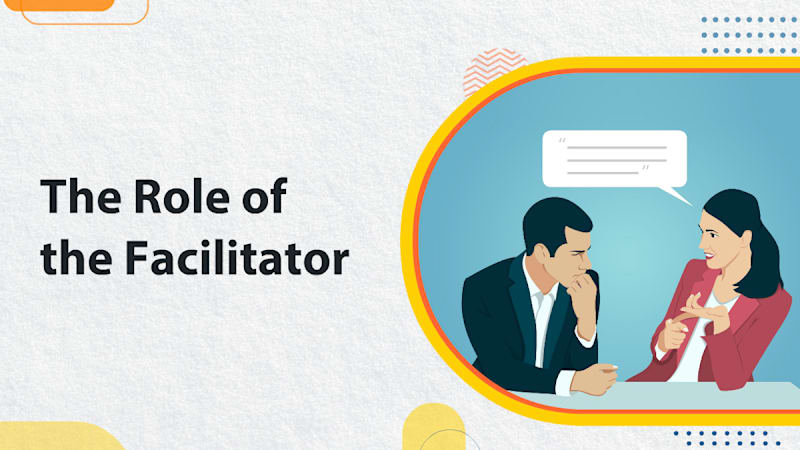What you'll learn
- Identify the basics of facilitation
- Apply the three-step mediation process
- Decide when to encourage opposing dialogue
Conflict management is a major hurdle in any organizational growth and has to be resolved on priority to reduce the negative effect it may cause. The role of the facilitator is complex. A leader’s job is to guide conflicting individuals through a process without using their influence to determine the outcome of the negotiations. They must model calmness, respect, and open-mindedness in situations that can be emotionally charged. They must encourage full participation of all group members from defining the cause of the conflict to agreeing on a resolution.
In task-based situations, facilitators need to push team members strongly but respectfully question, challenge, and argue decisions, suggestions, and processes recommended by other team members.
Leaders who know how to anticipate conflict and address it proactively with the right tools, techniques, and a well-managed process create healthy work environments that use differences to grow and move forward positively. In this course, you will explore the various tools available to the facilitator to manage conflicts.
Accreditation
0.25 hours, Continuing Education Units (CEU) from the Society for Human Resource Management (SHRM)
0.25 hours, Continuing Education Units (CEU) from the HR Certificate Institute (HRCI)








